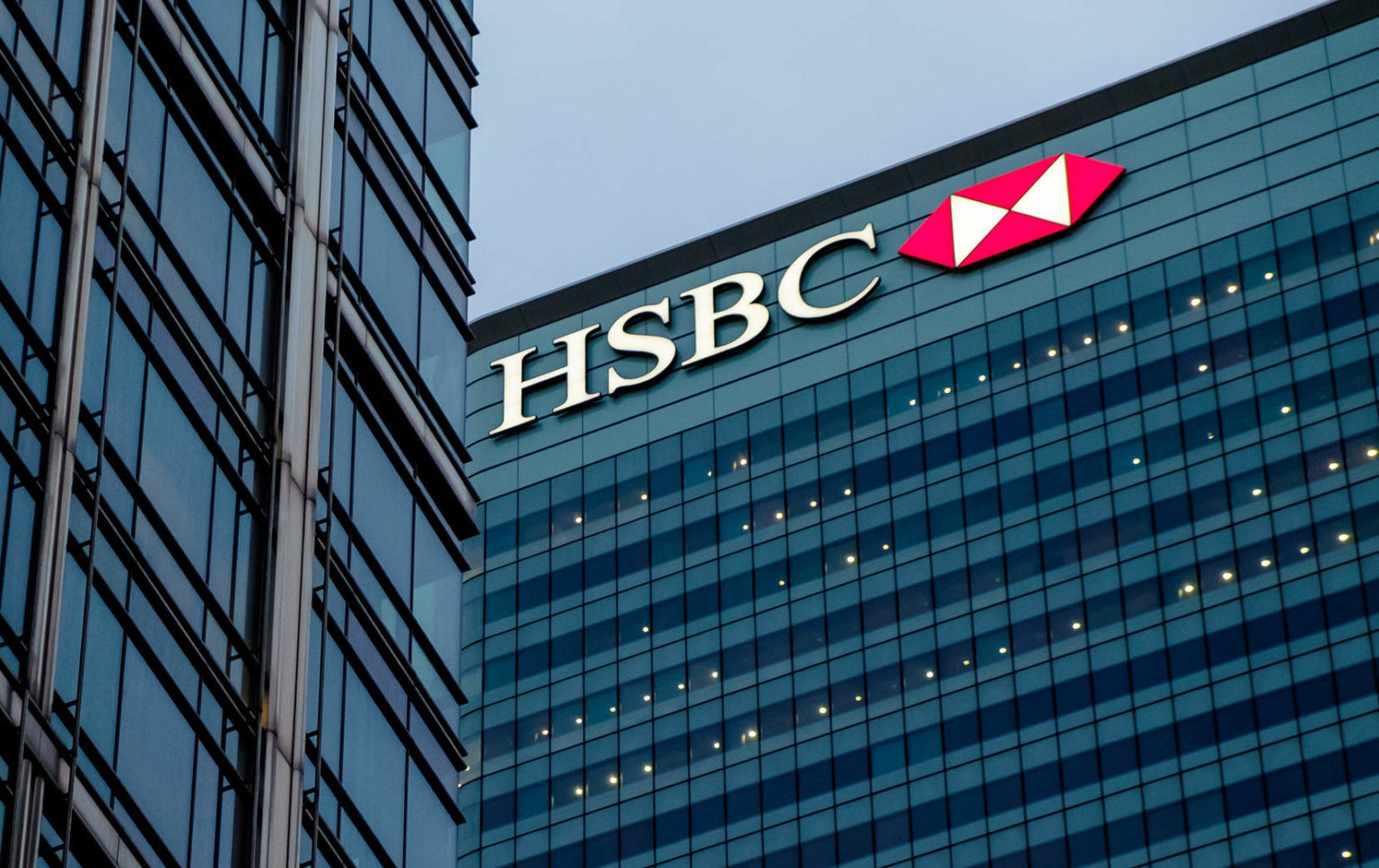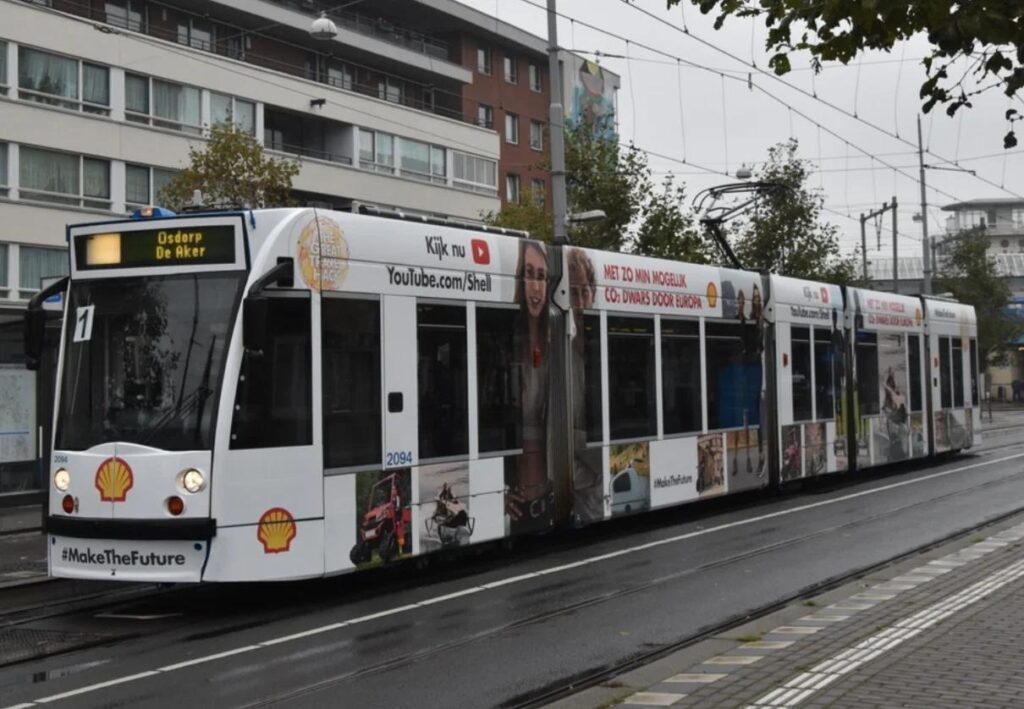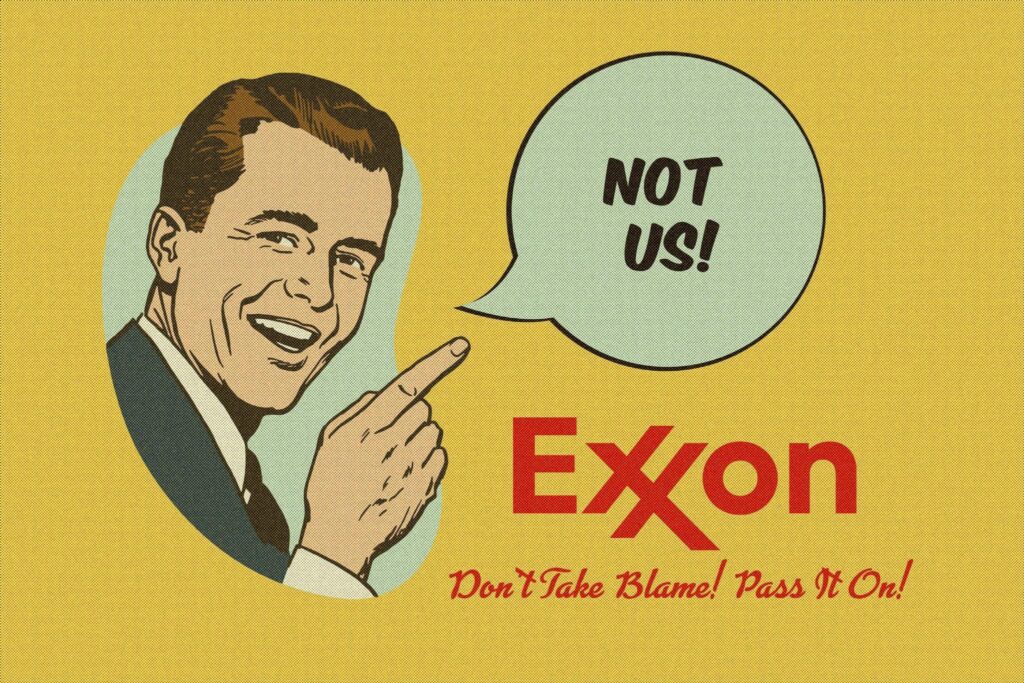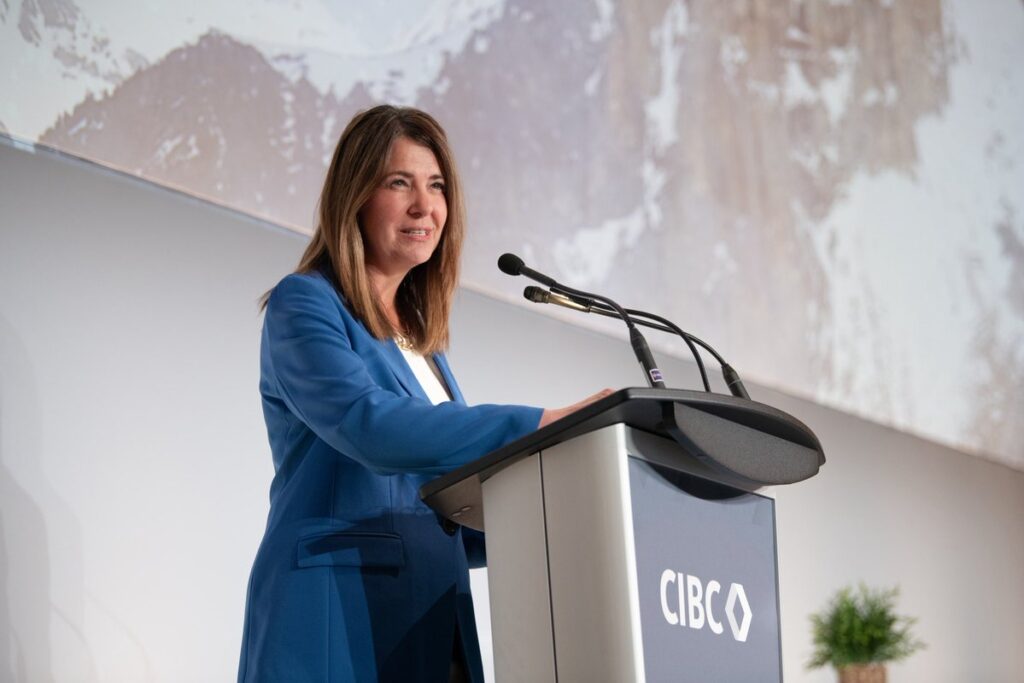HSBC has been accused of “greenwashing” after announcing a new energy policy that fails to rule out financing new coal power plants in three developing countries.
The bank agreed a new policy at its AGM in April, which prohibited providing new financial services to coal power plants, except in Bangladesh, Vietnam, and Indonesia.
Campaigners from Christian Aid have released a new report that criticises the decision to exclude those three countries. HSBC says it takes its responsibility to helping countries meet the Paris Agreement climate goals, seriously. However, campaigners say the new energy policy shows the bank is not serious about fulfilling its aim to be a sustainable leader in the sector.
HSBC’s new energy policy states the company will “stop financing new coal-fired power in all countries around the world apart from Bangladesh, Indonesia and Vietnam” as part of its efforts “to support a transition to a low-carbon economy”.
The policy says “a targeted and time-limited exception will apply to these three countries in order to appropriately balance local humanitarian needs with the need to transition to a low-carbon economy”.
A 2018 research paper by HSBC suggests all three countries are within the 20 most vulnerable to climate change. It ranks Bangladesh as the fourth most vulnerable country, with Vietnam ranked 14th, and Indonesia in 17th place.
Like what you’re reading? Donate here to support DeSmog UK‘s journalism today
Christian Aid’s report says HSBC financed $3 billion of coal projects between 2014 and 2017. That investment included loans of $122 million in Vietnam and $149 million in Indonesia, and $1 billion in underwriting in Indonesia.
HSBC has also pledged to provide $100 billion in sustainable financing and investment by 2025.
HSBC’s decision to exclude the three south east Asian countries from its latest energy policy comes in contrast to the direction some of its competitors are taking on the issue. Last month, Standard Chartered announced a global ban on coal financing.
In May, Royal Bank of Scotland (RBS) announced that it will stop funding coal and tar sands projects.
Christian Aid’s report criticises the “myth” that coal power is essential to economic development. It points to reports from NGOs including Global Witness, Share Action and Greenpeace that suggest dependence on coal power production can actually entrench poverty.
Nguy Thi Khanh, founder of the Green Innovation and Development Centre in Vietnam, said the bank’s policy showed HSBC had “lazily racist double standards”. She said in a statement:
“Remarkably HSBC’s commitment excluded my own country, along with Indonesia and Bangladesh. My daughter, along with the rest of Vietnam, it seems, doesn’t have the right to breathe clean air like the rest of the world.”
She said HSBC’s policy was “an attempt to hide its greed behind a thin veneer of condescending concern for the provision of ‘cheap’ power in Vietnam.”
Like what you’re reading? Donate here to support DeSmog UK‘s journalism today
Helen Collinson, campaign lead at Christian Aid, said HSBC’s policy did not legitimately make the case for excluding the three countries. She said in a statement:
“If not investing in coal is good enough for the rest of the world, why isn’t it good enough for Vietnam, Bangladesh and Indonesia?
“A number of charities and policy institutes have provided evidence to HSBC demonstrating that coal is not needed to tackle energy poverty and yet they refuse to close this loophole.
“If HSBC really cared about ‘making their money green’ they could start by ruling out new coal financing in every country, like Standard Chartered have done”, she said.
HSBC has been contacted for comment.
Last week, the UN’s climate science advisors released a major new report outlining the necessary steps to prevent the world warming by more than 1.5 degrees — including completely phasing out coal power production by 2050.
In 2016, research from Oxford University showed no new coal plants could be built after 2017 if the world was going to hit the Paris Agreement target of preventing warming of more than two degrees.
Image: Håkan Dahlström/Flickr CC BY 2.0
Subscribe to our newsletter
Stay up to date with DeSmog news and alerts






